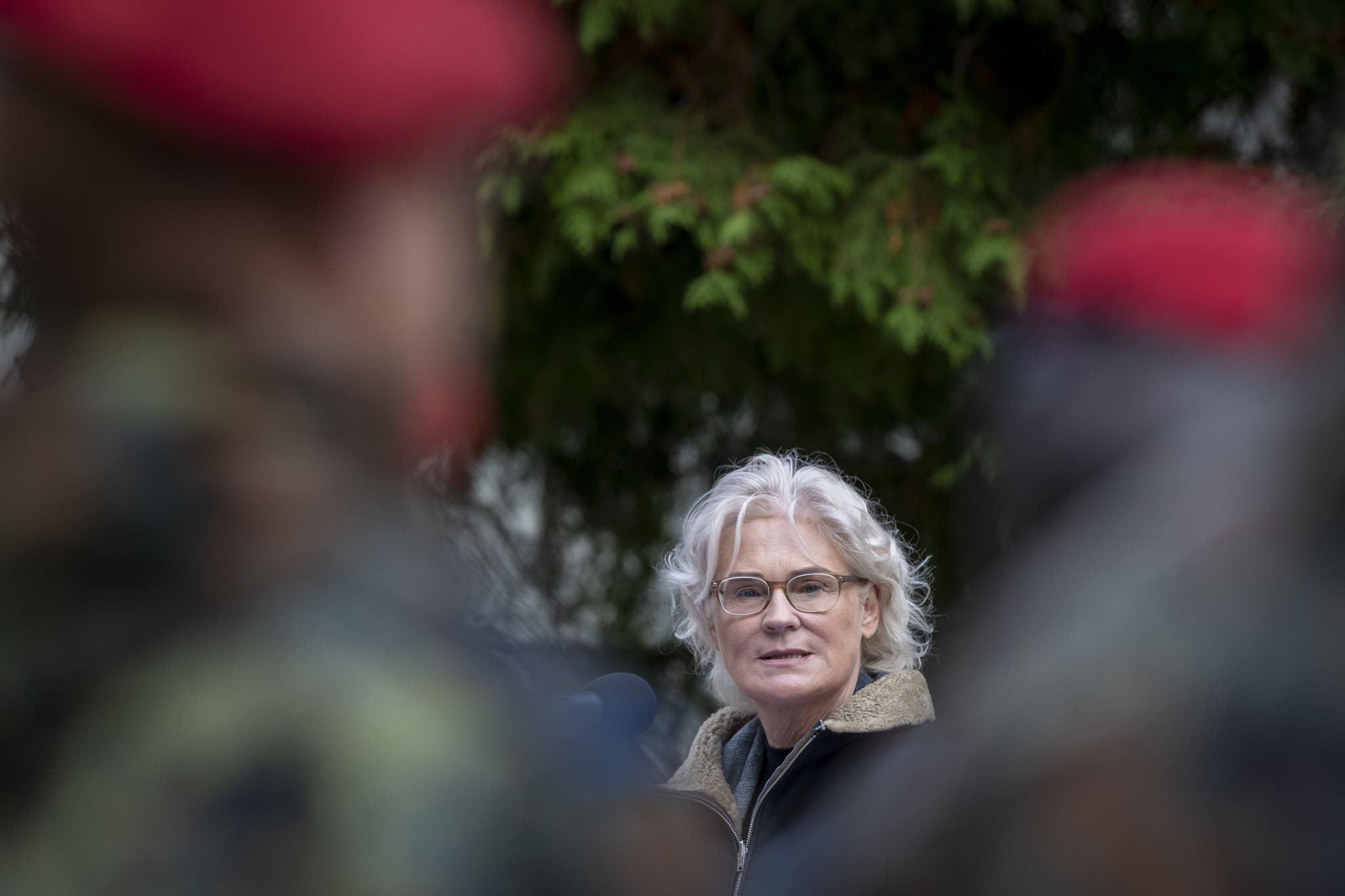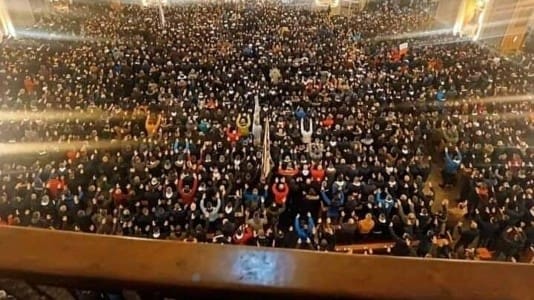German Defense Minister Christine Lambrecht resigned on Monday following much speculation her position was untenable after a string of high-level gaffes, criticism over Germany’s inadequate support to Ukraine, and failure to improve Germany’s notoriously ill-equipped armed forces despite being handed a €100 billion war chest to do so.
Lambrecht confirmed in a statement she had offered her resignation to German Chancellor Olaf Scholz, which had been accepted on Monday morning.
The former minister blamed inaccurate media reports and constant press pressure for making her role untenable.
“The media focus on my person for months hardly allows for factual reporting and discussion about the soldiers, the Bundeswehr, and security policy decisions in the interests of the citizens of Germany,” her statement read.
“The valuable work of the servicewomen and men and the many motivated people in the business unit must be in the foreground. That’s why I decided to make my office available,” she added.
Lambrecht offered her gratitude to everyone who is “committed to our security every day” and wished them all the best for the future. She had been in the role since December 2021.
The former minister’s resignation had appeared to be only a matter of time, and a survey published earlier this month revealed an overwhelming 77 percent of Germans supported her removal from office.
Lambrecht had been the center of controversy over Germany’s response to the war in Ukraine, and had overseen several failures of both procurement and delivery of armaments to Kyiv.
At the beginning of the Russo-Ukrainian conflict, Lambrecht was ridiculed for her announcement that, instead of arms or tanks, 5,000 protective helmets would be sent to Kyiv in what she described as a “very clear signal” of Germany’s solidarity with Ukraine.
The move was described as an “absolute joke” by Kyiv Mayor Vitali Klitschko, who asked: “What will Germany send next? Pillows?”
The former minister was also embarrassed by major malfunctions of military equipment, which had not been addressed on her watch, namely a squadron of 18 modernized Puma tanks intended for the NATO Response Force (NRF), all of which were deemed unfit for action during a military drill in December.
[pp id=59268]
A number of PR disasters added to the pressure. She claimed in a bizarre New Year’s Eve video posted on her Instagram account that the war in Ukraine had led to “a lot of special experiences” and given her the chance to encounter many “great and interesting people,” which made her the subject of scrutiny.
She was also slammed last year for an ill-advised decision to take her 21-year-old son on a trip in a military helicopter.
The final straw, however, appeared to be German inaction over the transfer of heavy-armored Leopard 2 battle tanks to Ukraine, vehicles Kyiv had been crying out for.
Germany had initially refused to act unilaterally in the provision of battle tanks to Ukraine over fears of escalating tensions with Russia. However, after a number of European allies, including the United Kingdom and Poland, opted to announce their intention to supply them last week, Germany still appeared hesitant.
It soon transpired, following an interview from the CEO of German arms manufacturer Rheinmetall to the Bild am Sonntag newspaper, that Germany’s Leopard 2 tanks need to be “completely rebuilt” and will not be available for transfer to Ukraine until 2024 at the earliest.
Deputy government spokeswoman Christiane Hoffmann said on Monday that Chancellor Scholz wanted to decide on Lambrecht’s replacement “quickly,” and the search for a successor will begin immediately.






